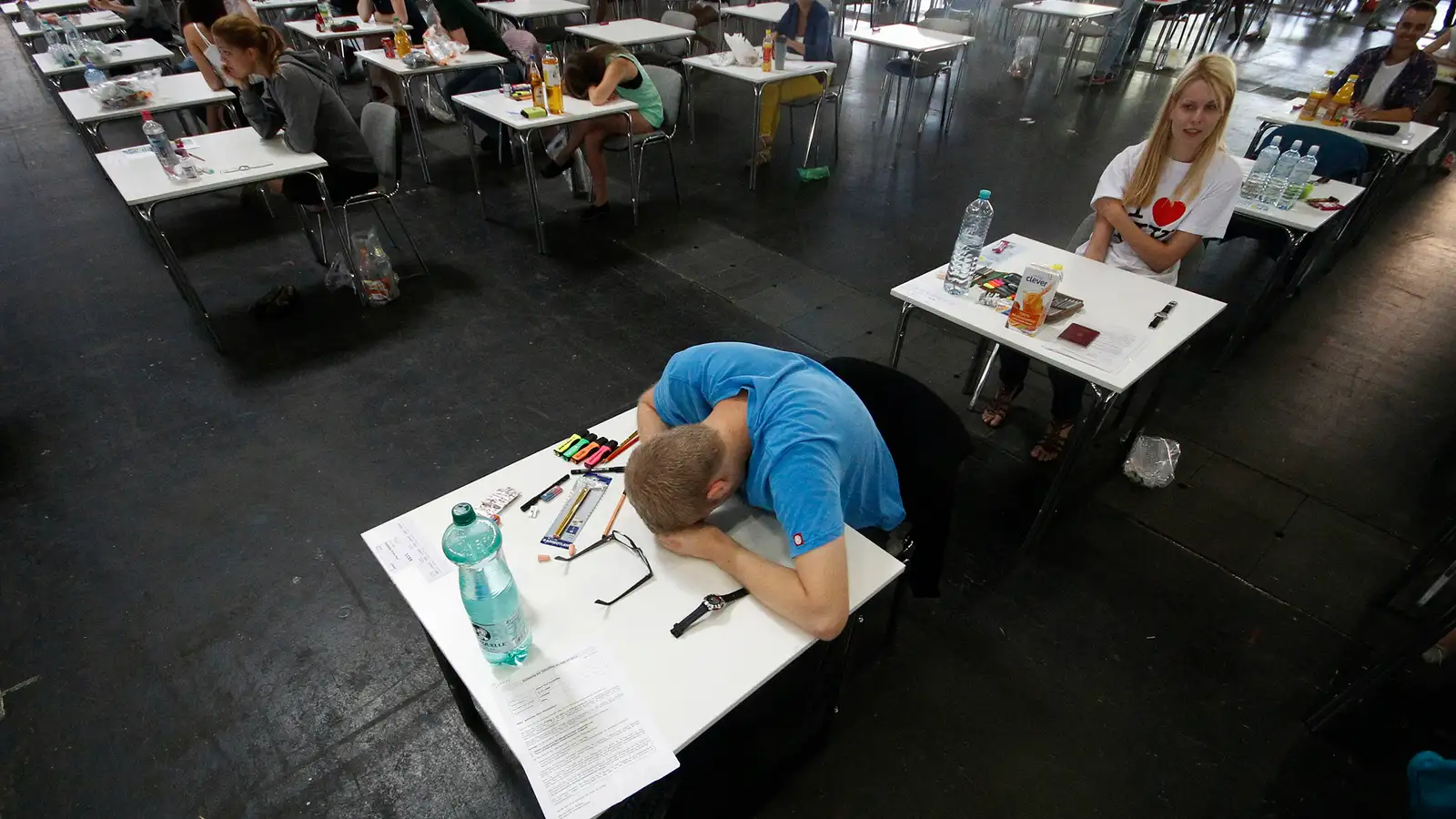If you’ve ever stood in the aisle of a grocery store trying to remember the last ingredient you need for dinner, you know that trying too hard to retrieve a memory can make it seem all the more impossible. A new study confirms that being distracted can actually improve your memory, suggesting that conscious effort can backfire on you, especially when you’re under pressure to do well.
In the experiment, lead by University of California Santa Barbara’s Taraz Lee, participants were shown a series of fractals—kaleidoscopic images—and then asked to identify which shapes they hadn’t seen yet a few minutes later. They were also asked to judge how well they remembered the shapes.
When a portion of the brain known to aid explicit memory—that is, conscious memories that can be described in words—was dulled with the use of magnetic stimulation, people said that they didn’t recognize any shapes, and were just guessing. But they were actually better at picking out the unfamiliar images. Being prevented from consciously trying to store and recall information can allow you to tap into the much more impressive unconscious capabilities of your brain.
Lee was inspired by his background in sports, where he saw professional golfers who had the lead for 18 holes choke up on the easy shot that really mattered. His next research will look at instances like this, which he thinks are similar to the memory issue. “I want to know why it is that during the most important time, when it matters most to you and you’re trying,” Lee told Quartz, “that a task suddenly becomes harder.” The answer, he thinks, lies in our inability to sit back and let our subconscious do the driving during times of stress.
“I wouldn’t tell someone not to pay attention,” Lee said, “but I would caution against over-thinking. If you’re well trained at something and really good at it, you might be better off just going for it.”
